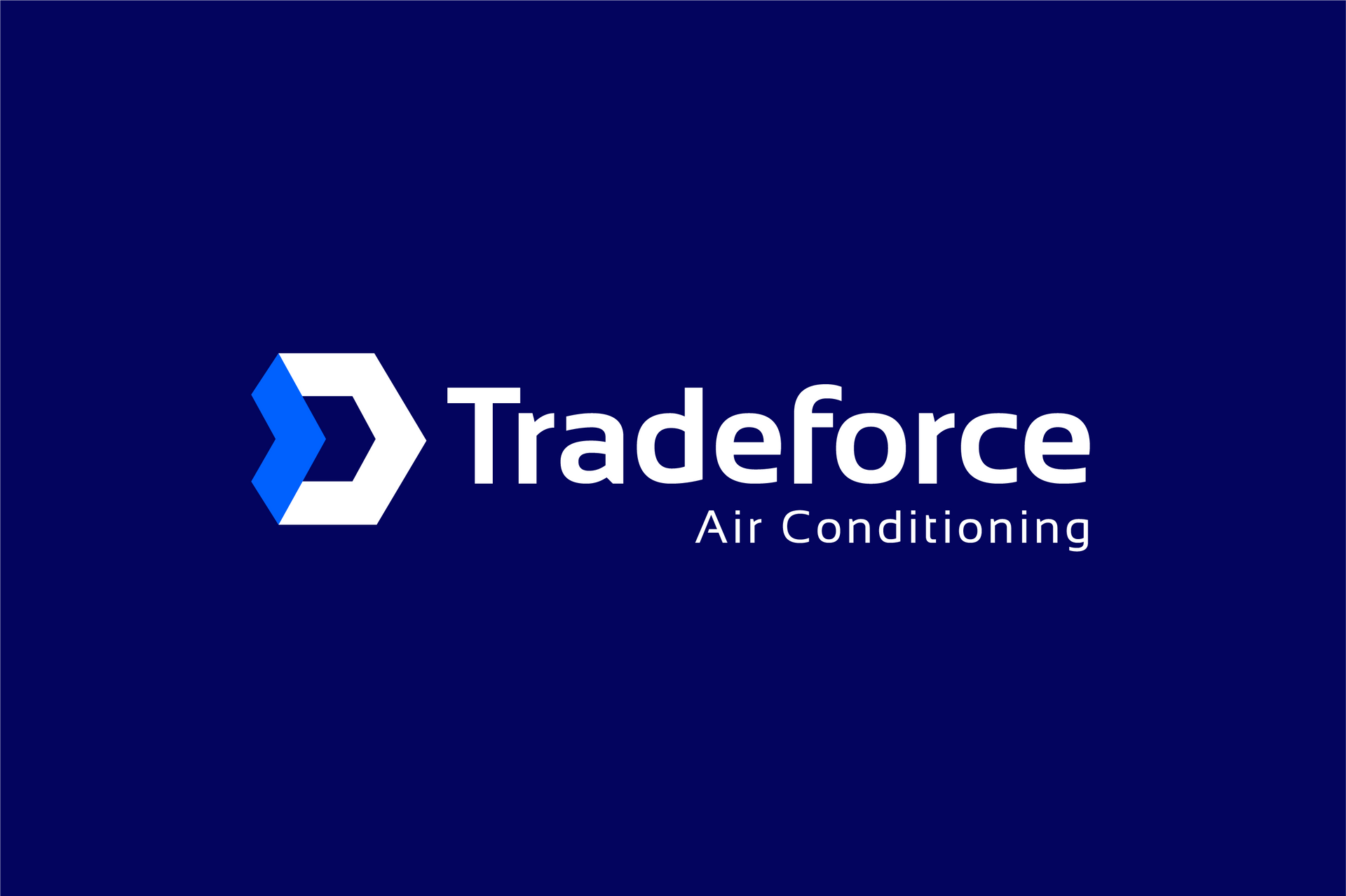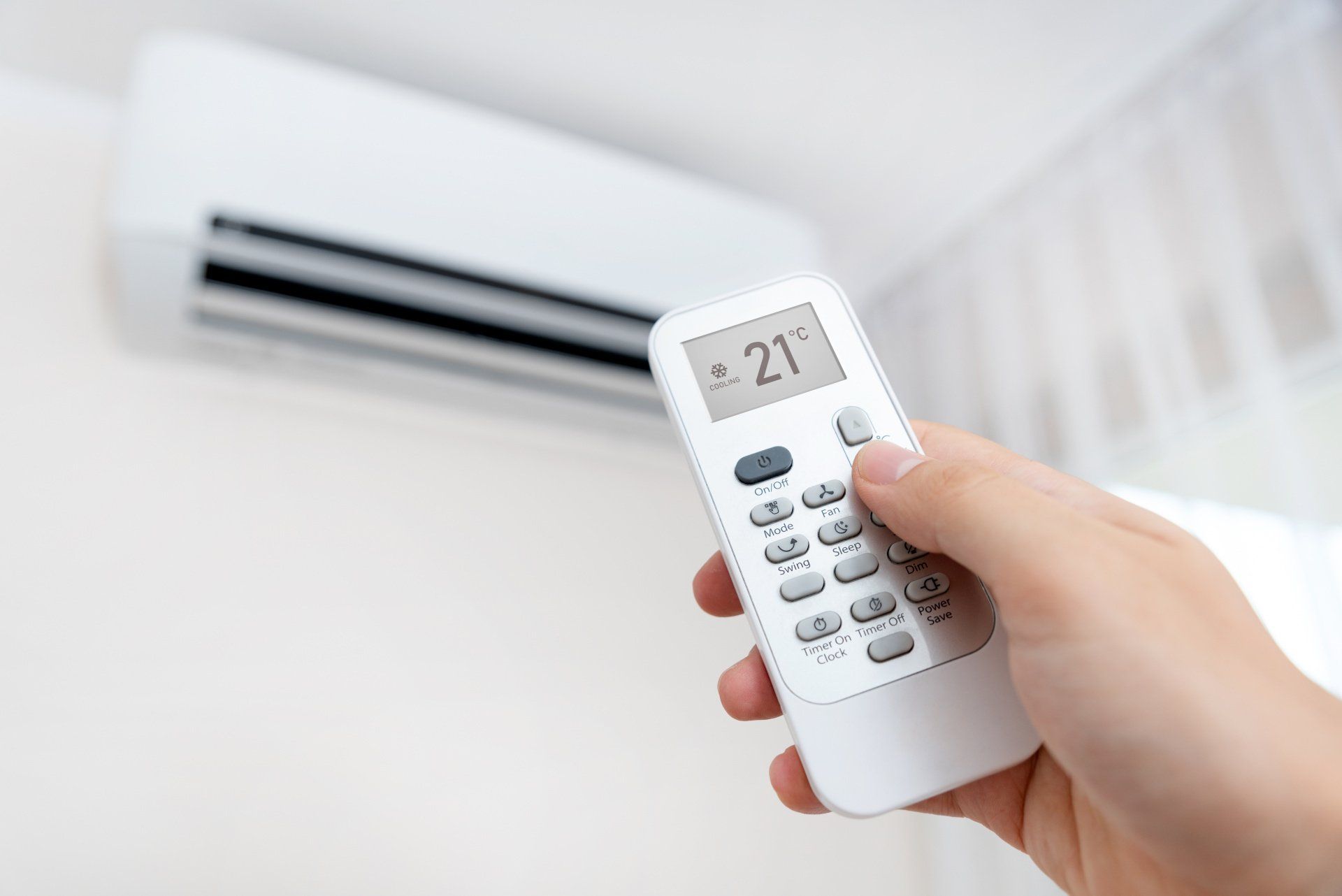Call our friendly team now on 0207 561 8865 or email us directly quotes@tfairconditioning.com
Hotel Air Conditioning Guide: Why you need it and which type to choose
When your customers book their hotel stay, they are signing up to a luxurious, comfortable and relaxing escape. Temperature plays a central role in how comfortable we feel so having the right type of air conditioning installed in your hotel is essential.

Rooms that are too hot or cold are some of the biggest reasons, hotel guests leave negative feedback. If your guests are forced to sleep in a room that is too warm or too cool they will neither enjoy their stay or get a good night’s sleep.
The last thing any hotelier wants are tired and disgruntled guests. You want your hotel to be a home away from home, so the installation of quality commercial air conditioning should be a top priority for any hotelier.
If your hotel is in a location like London where the weather is particularly changeable, you’ll need to ensure your air conditioning system is really versatile.
Let’s take a look at why air conditioning is essential to the hotel industry and how you can ensure you buy the right type of commercial air conditioning for your hotel.
Why hotel air conditioning is important:
You may be surprised to learn almost 1 in 4 complaints about hotel stays are to do with rooms that were too hot or cold. According to Insights.ehotelier.com,‘ 24% or nearly ¼ of all guest complaints have to do with room temperature’.
This is a huge statistic and the figure rises when the data is whittled down to the results for London hotels. Consider the impact of these complaints on your hotel’s reputation not to mention staff time used in managing each unhappy customer. It is clear that choosing the right type of air conditioning system is an important decision for any hotelier.
The correct choice of commercial air conditioning unit is key because in many cases, hotels do have air conditioning installed, however the type of air conditioning in place is not fit for purpose or poorly maintained.
When air conditioning units are not properly maintained, they won’t perform at their best and may be noisy or leak. Always ensure you keep up to date with scheduled services and maintenance.
How to choose the right type of hotel air conditioning:
Whether your business is in a busy city like hotels in London or a UK countryside idyll, the type of commercial air conditioning you choose will depend on a number of factors, including: the installation method, WiFi compatibility, whether the system is centrally controlled and more.
Let’s take a look at this quick and easy guide to hotel air conditioning.
• Centrally controlled air conditioning (VTAC): Centrally controlled air conditioning systems are quiet, discreet and easy to manage.
However, a centrally controlled system will put the bulk of the control in your hands rather than your guests. Allowing you to limit and control the temperature in your guest’s rooms may sound like a great way to prevent over-use but there is a danger your guests may endure uncomfortable temperatures in silence.
Lots of people don’t want to make a fuss or are too tired to complain so you may find out too late that your guests had a bad night’s sleep because the temperature in their room wasn’t right.
Every guest has their own interpretation of a comfortable room temperature so if guests do complain, ensure your staff are trained to make the necessary adjustments quickly. Similarly, it is also good practice to make sure each guest understands how their room temperature can be adjusted.
• Condenserless air conditioning: Condenserless air conditioning is a top contemporary choice for hotel air conditioning systems.
Condenserless air conditioning is really quiet and quick and easy to install into an existing A/C system. Additionally, condenserless systems don’t require the attachment of an unsightly external condenser to the exterior of your hotel and the temperature of each room can be quickly controlled via WiFi technology.
• Split air conditioning: Split air conditioning is another top type of commercial air conditioning. With the condenser hidden away outside, split air conditioning systems are quiet and well-liked for their energy efficiency.
Split air conditioning units can be installed in a number of different locations within the room, such as on the ceiling or against the wall. However the need to attach the air conditioning unit inside the room does put many people off because it affects the room’s aesthetic.
• Through the wall air conditioning: Through the wall air conditioning is an older type of air conditioning that is no longer allowed under EU regulation.
Although it was an affordable solution for smaller spaces, through the wall air conditioning was noisy. It also meant units were positioned on walls and the energy consumption levels were high so if you are a London or UK hotel, this won’t be one for you.
If you are still unsure which type of air conditioning is right for your hotel in London, or would like to discuss your commercial or domestic air conditioning needs, give us a call on 0207 561 8865.
We provide expert air conditioning installation, maintenance and repairs across Islington, north London, central London and all other London boroughs.





Supporting Our Communities: Air Conditioning in Local Authorities and Government Buildings in London
Winner of Best Air Conditioning
Company 2020, 2021, 2022, 2023 & 2024
Here at Tradeforce Air Conditioning we offer free initial consultation and quotations for commercial and domestic installations. Give us a call today.
Some of Our Recent Clients





Need a quote quickly? No problem.
The word customer service is greatly overused these days but making sure that our clients get exactly what they need with consistent support is at the heart of our beliefs as a business.

Request a Quick Quote
Simply fill in your details and we will get back to you same day to provide a bespoke and free quotation.
Footer Quick Quote
Thanks for the quick quote information!
Our team will put together some information and get back to you with your quick quote.
We might have some further questions, and we will call you if needed.
Do you need it urgently? You can contact us anytime on 0207 561 8865 or email us directly quotes@tfairconditioning.com
Please try again later.

Rated Excellent

Rated Excellent

Rated Excellent
Really helpful, professional
Really helpful, professional and friendly. Everyone we dealt with was easy to work with, communicated regularly and clearly and it was evident that they took pride in the job. The price was very competitive and we cannot recommend them more highly. Top marks
Highly Recommended
Simon and his team have just completed an installation of air conditioning at our school. The price was very good, they were professional and did sections of the works out of hours to allow us to continue to teach. A first class service from start to finish. They come highly recommended.

Rated Excellent
Would definitely recommend
Tradeforce installed an Ac unit for our out house and I couldn't be more happy. The installation was done to a very high quality and the engineers were very professional easy to speak to and kept everything clean and tidy.
Competitive, tidy workers
Breathe of fresh air to deal with such a professional company. Competitive price, tidy workers and a great finish. Definitely recommend this company. Literally, cannot fault them at any stage from quote to completion.
Really helpful, professional
"Really helpful, professional and friendly. Everyone we dealt with was easy to work with, communicated regularly and clearly and it was evident that they took pride in the job. The price was very competitive and we cannot recommend them more highly. Top marks"
Highly Recommended
Simon and his team have just completed an installation of air conditioning at our school. The price was very good, they were professional and did sections of the works out of hours to allow us to continue to teach. A first class service from start to finish. They come highly recommended.
Would definitely recommend
Tradeforce installed an Ac unit for our out house and I couldn't be more happy. The installation was done to a very high quality and the engineers were very professional easy to speak to and kept everything clean and tidy.
Competitive, tidy workers
Breathe of fresh air to deal with such a professional company. Competitive price, tidy workers and a great finish. Definitely recommend this company. Literally, cannot fault them at any stage from quote to completion.
Keep up the good work!
I originally met Simon when he came to look at my property and then subsequently dealt with Paul and Natalie in the office. Finally the fitters Tony and Alfie. I can’t speak highly enough of all the staff, everything they said they would do, they did.
The guys were tidy, polite, efficient
Great team of fitters worked collaboratively, diligently and creatively to resolve all issues and install a great Aircon system in our house.
The guys were tidy, polite, efficient and incredibly hard working. Shout out to Noman, Salem, Navid,
Elyes & Ali.
Really helpful
Really helpful, professional and friendly. Everyone we dealt with was easy to work with, communicated regularly and clearly and it was evident that they took pride in the job. The price was very competitive and we cannot recommend them more highly. Top marks
Very professional service
This company advised and installed the air cons in my cafe called Snug few years ago. Based on the fantastic experience then I use them to do maintenance of my air con units every year. Very professional service! Always on time, paying attention to detail and the person doing the maintenance has always extensive knowledge.
Latest News




Tradeforce Air Conditioning
Unit 1.32
Busworks
39-41 North Road
London
N7 9DP
Navigation
For Homes
For Businesses

Tradeforce Air Conditioning
Unit 1.32
Busworks
39-41 North Road
London
N7 9DP
Navigation
For Homes
For Businesses
Business Hours
- Monday
- -
- Tuesday
- -
- Wednesday
- -
- Thursday
- -
- Friday
- -
- Saturday
- Closed
- Sunday
- Closed
Our Brands
Reviews
Stay Connected
Join our newsletter and find out more
Contact Us
We will get back to you as soon as possible
Please try again later

Business Hours
- Monday
- -
- Tuesday
- -
- Wednesday
- -
- Thursday
- -
- Friday
- -
- Saturday
- Closed
- Sunday
- Closed
Our Brands
Reviews
Stay Connected
Join our newsletter and find out more
Contact Us
We will get back to you as soon as possible
Please try again later




All Rights Reserved | Tradeforce Air Conditioning Limited | Various trademarks held by their respective owners





